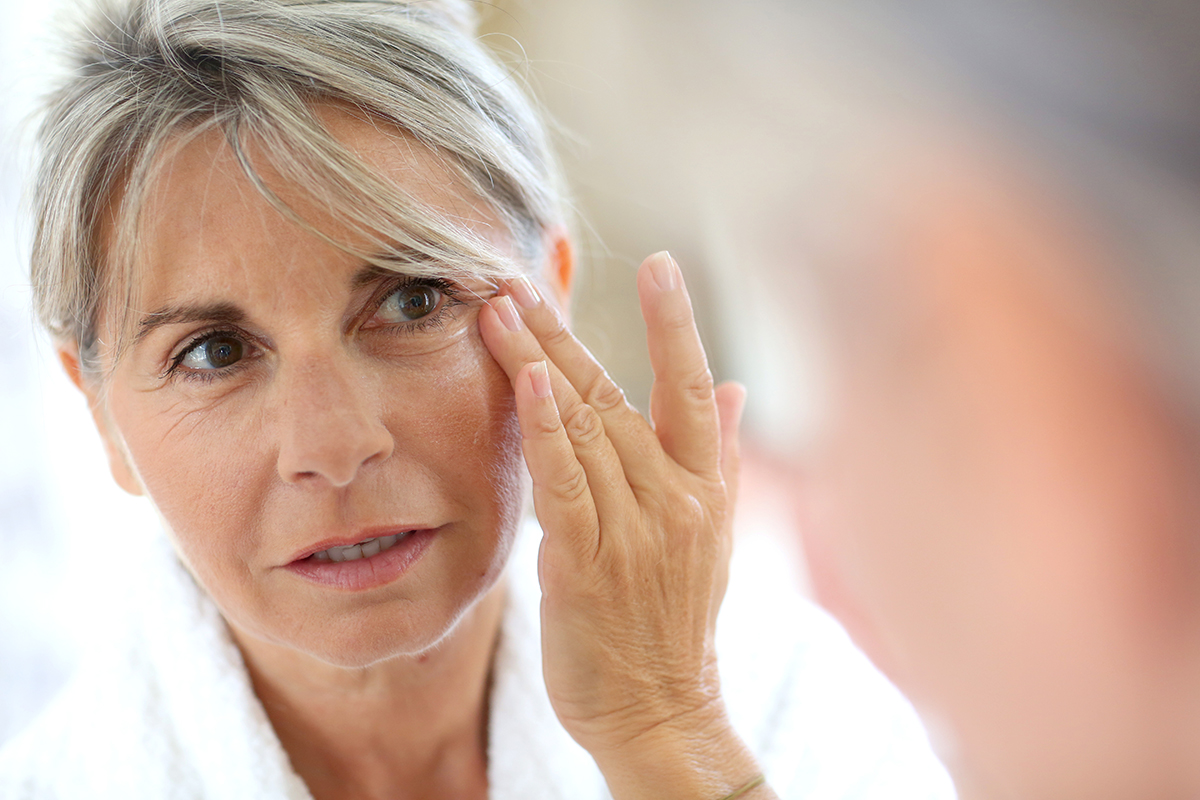What Is The Right Age To Have An Eyelid Surgery (Blepharoplasty)

Eyelid rejuvenation is a common area of the face that patients request to rejuvenate first and eyelid surgery is one of the top five most popular procedures in US. In the last few years, it is the second most performed procedure just slightly behind nose surgery.
Although majority of blepharoplasty patients are over 40, and more than half of that is over 55, we see patients of all ages for eyelid surgery.
If you have early laxity in your 30s, it is not going to improve with time and if you are mentally ready for it, eyelid surgery performed early will slow down the look of aging in the eye area, especially if noninvasive procedures are done from time to time as well after that.
Eyelid surgeries are also safely done on patients up into their 90s. Only patients with certain chronic illnesses, such as advanced heart or kidney failure, active cancer under treatment, or those with a history of significant reaction to mild anesthesia should avoid it.
Most eyelid surgeries are done under mild sedation/ local injection. The risk to the patient is very low and anesthesia is well tolerated.
What we treat with eyelid surgery
- Hooded/heavy upper eyelids that sometimes impair vision (in which case procedure might be covered by your insurance)
- Eyelid puffiness from fatty deposits
- Under eye bags
- Drooping lower eyelids and fine wrinkles
All these changes naturally come with aging, but environmental factors, like smoking can also contribute to this appearance, as well as genetics.
Blepharoplasties are long-lasting operations and patients can expect at least 10 to 15 years before needing a second if any, or might just need a retouch down the line. Any fat removed from the eyelids won’t grow back. There is a chance that the brow will drop later on which can cause new folds to appear on the upper eyelids which is then resolved with brow or face lift.
Make sure you let your doctor know about your medical conditions, prescription medications, drug allergies, previous medical treatments and specifically any problems you have had with your eyes prior to any surgery.



